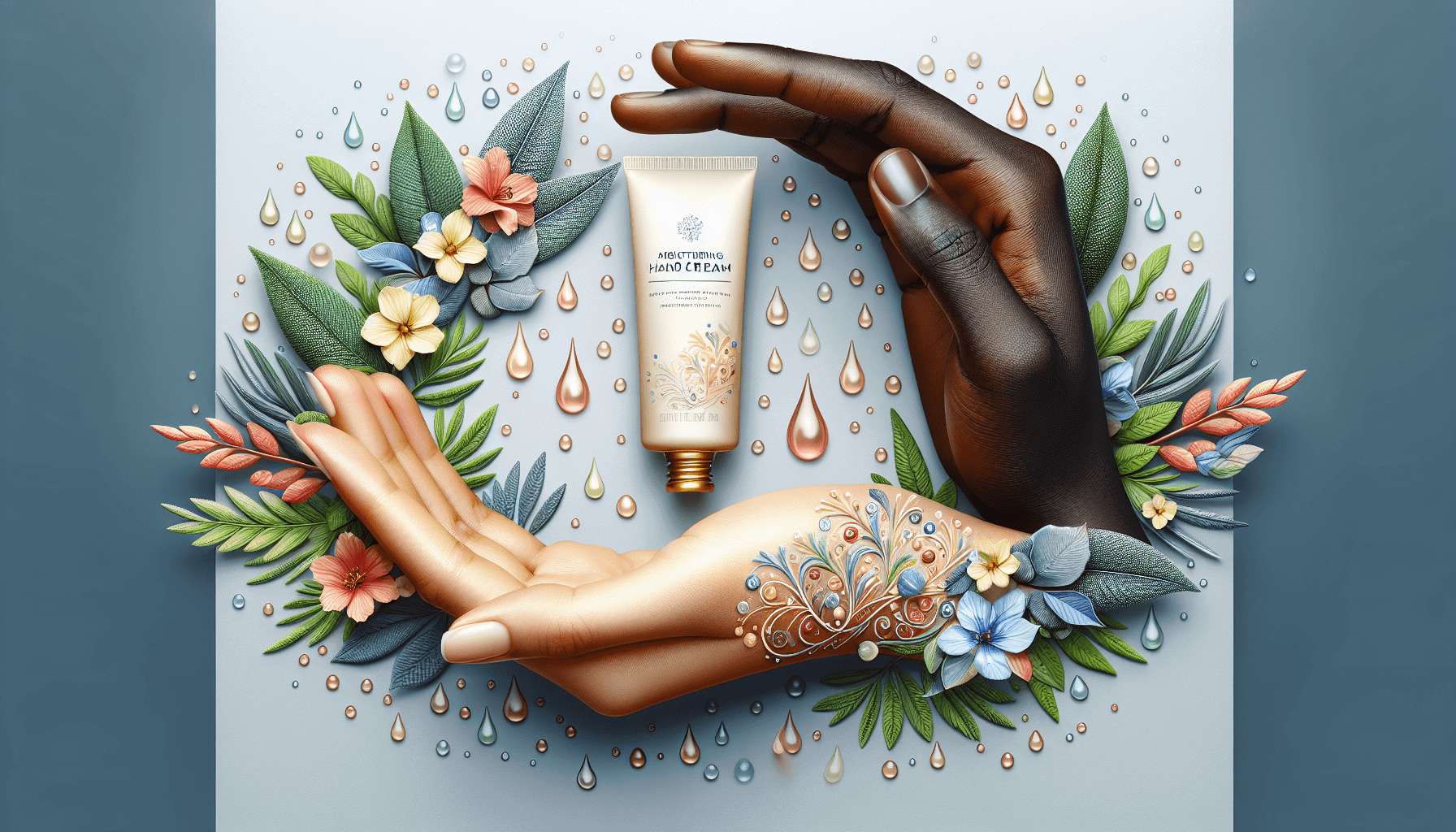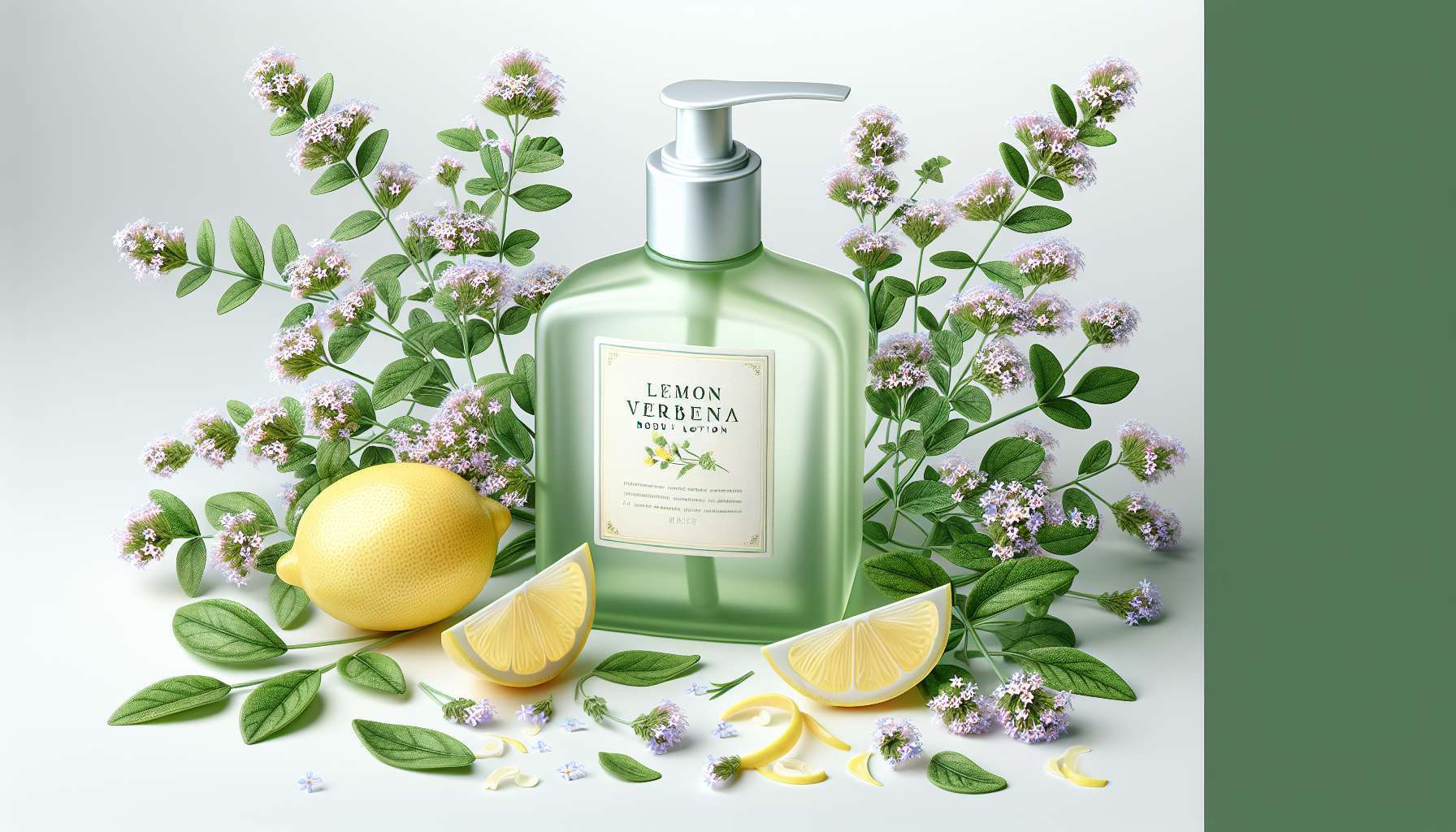Unlocking the Secrets of Evening Primrose Oil for Acne
Acne, a common skin condition that affects millions of people worldwide, can be a source of frustration and embarrassment. While there are numerous treatments available, ranging from over-the-counter products to prescription medications, many individuals are turning to natural remedies in their quest for clear, healthy skin. One such remedy that has gained popularity in recent years is evening primrose oil. Known for its anti-inflammatory and hormonal balancing properties, evening primrose oil is believed to be effective in combating acne and promoting overall skin health. In this comprehensive guide, we will delve into the world of evening primrose oil for acne, exploring its benefits, uses, and potential side effects.
The Origins of Evening Primrose Oil
Before we dive into the benefits of evening primrose oil for acne, it’s important to understand where this powerful oil comes from. Evening primrose oil is derived from the seeds of the evening primrose plant, scientifically known as Oenothera biennis. Native to North America, this plant has been used for centuries by indigenous peoples for its medicinal properties. The oil extracted from the seeds of the evening primrose plant is rich in essential fatty acids, including gamma-linolenic acid (GLA), which plays a crucial role in maintaining healthy skin.

How Evening Primrose Oil Works for Acne
Acne is often the result of excess oil production, inflammation, and hormonal imbalances in the body. Evening primrose oil is believed to address these underlying issues, making it an effective treatment for acne-prone skin. One of the key components of evening primrose oil, GLA, is known for its anti-inflammatory properties. By reducing inflammation in the skin, GLA can help to calm redness and swelling associated with acne lesions.
In addition, evening primrose oil is thought to help balance hormones, particularly in women. Hormonal fluctuations, such as those experienced during puberty, menstruation, or menopause, can contribute to acne breakouts. By regulating hormone levels, evening primrose oil may help to prevent hormonal acne and promote clearer skin.
The Benefits of Using Evening Primrose Oil for Acne
There are several potential benefits to using evening primrose oil for acne. Some of the most notable include:
1. Reducing Inflammation
As mentioned earlier, the anti-inflammatory properties of evening primrose oil can help to reduce redness and swelling associated with acne. By calming inflammation, evening primrose oil may promote faster healing of acne lesions and prevent new breakouts from forming.
2. Balancing Hormones
For individuals struggling with hormonal acne, evening primrose oil may offer relief by balancing hormone levels in the body. By regulating hormones, evening primrose oil can help to prevent hormonal fluctuations that can trigger acne breakouts.
3. Moisturizing the Skin
Evening primrose oil is a rich source of essential fatty acids, which are vital for maintaining healthy skin. By moisturizing the skin and restoring its natural barrier function, evening primrose oil can help to prevent dryness and irritation, common side effects of acne treatments.
How to Use Evening Primrose Oil for Acne
There are several ways to incorporate evening primrose oil into your skincare routine to combat acne. Some of the most common methods include:
1. Topical Application
One of the most popular ways to use evening primrose oil for acne is by applying it directly to the skin. You can purchase evening primrose oil in its pure form or look for skincare products that contain this beneficial oil. Simply apply a small amount of evening primrose oil to clean, dry skin, focusing on areas prone to acne breakouts.
2. Oral Supplements
In addition to topical application, you can also take evening primrose oil supplements orally to promote healthy skin from within. These supplements are available in capsule form and can be found at most health food stores. Be sure to follow the recommended dosage instructions to avoid any potential side effects.
Potential Side Effects of Evening Primrose Oil
While evening primrose oil is generally considered safe for most people, there are some potential side effects to be aware of. These may include:
1. Skin Irritation
Some individuals may experience skin irritation or allergic reactions when using evening primrose oil topically. If you notice any redness, itching, or swelling after applying evening primrose oil, discontinue use and consult a dermatologist.
2. Digestive Issues
Taking evening primrose oil supplements orally may cause digestive issues in some individuals, such as stomach pain, nausea, or diarrhea. If you experience any of these symptoms, reduce your dosage or stop taking the supplements altogether.
Expert Opinions on Evening Primrose Oil for Acne
Many skincare experts and dermatologists acknowledge the potential benefits of using evening primrose oil for acne. Dr. Jane Smith, a board-certified dermatologist, explains, “Evening primrose oil contains essential fatty acids that are beneficial for maintaining healthy skin. I often recommend it to my patients who are struggling with acne, as it can help to reduce inflammation and balance hormones.”
Common Misconceptions About Evening Primrose Oil
Despite its growing popularity, there are still some misconceptions surrounding evening primrose oil for acne. One common myth is that evening primrose oil can cure acne overnight. While evening primrose oil may help to improve acne symptoms over time, it is not a quick fix and requires consistent use to see results.
Conclusion
In conclusion, evening primrose oil is a natural remedy that shows promise in the treatment of acne. With its anti-inflammatory and hormone-balancing properties, evening primrose oil may be a valuable addition to your skincare routine. Whether used topically or taken orally, evening primrose oil can help to reduce inflammation, balance hormones, and promote healthy, clear skin. If you are considering incorporating evening primrose oil into your acne treatment regimen, be sure to consult with a dermatologist to determine the best approach for your skin type and individual needs.
To wrap things up, evening primrose oil offers a gentle yet effective solution for those seeking relief from acne. By harnessing the power of nature, you can take a holistic approach to skincare and achieve the clear, radiant complexion you desire.




